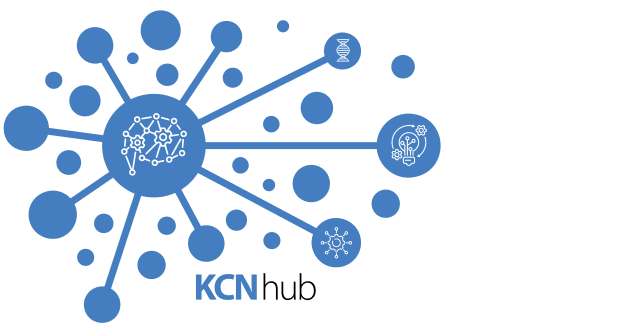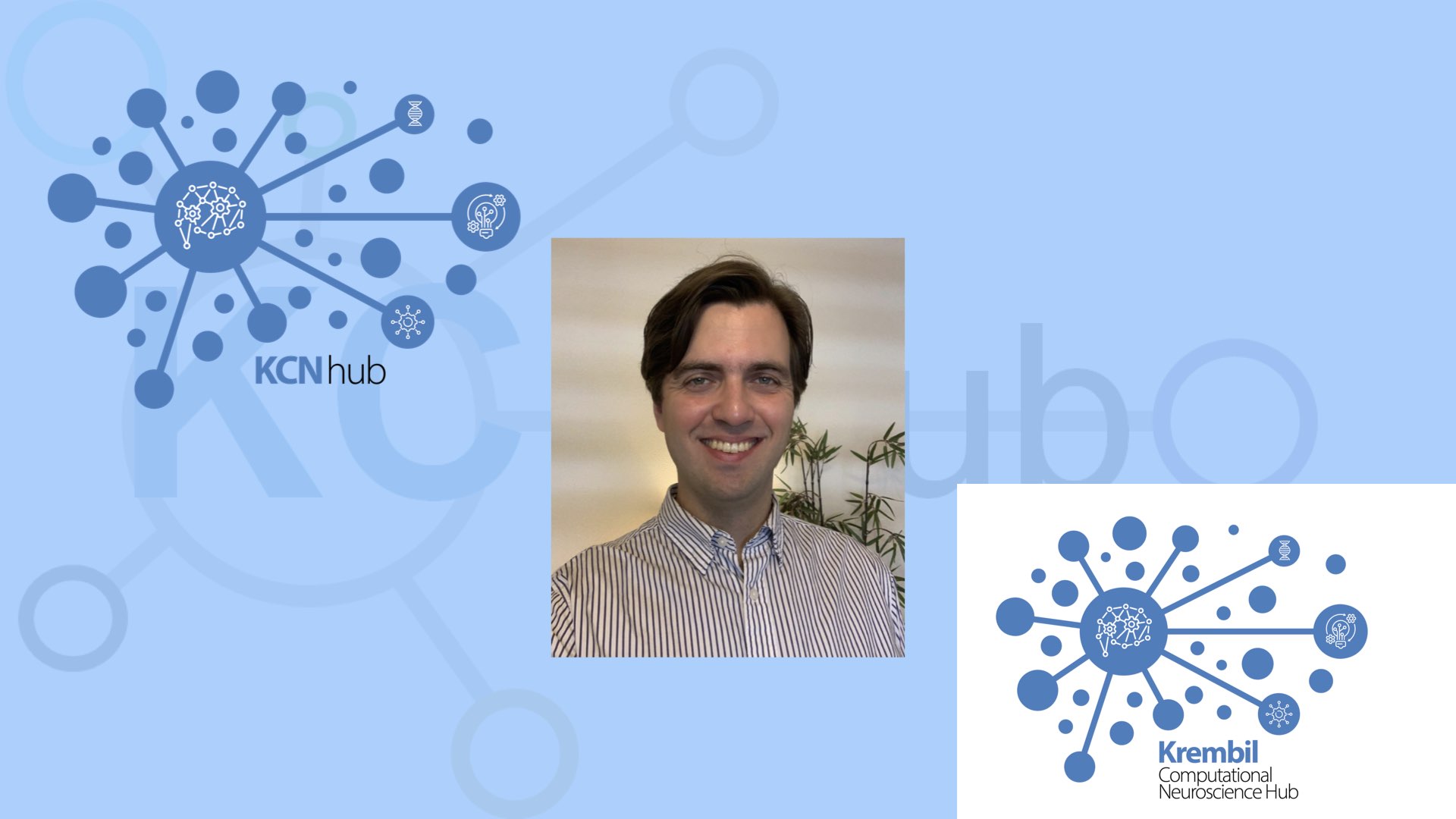28 November 2023
09:30 - 11:00 AM
4KD503
Vladislav Sekulic (guest)
Internal KCN: Experimental and theoretical investigations of rapid memory formation in hippocampal microcircuits
Abstract: This talk will provide an overview of recent work on both experimental and computational modelling fronts investigating the function of local circuits in hippocampus during rapid memory acquisition in rodents and computational networks of simplified multi-compartment bursting neurons, with a focus on the role of dendritic inhibition. Using immediate early gene markers and 1-photon calcium imaging as readouts, experiments manipulating SST interneurons in freely-moving mice in vivo showed paradoxical effects on CA1 pyramidal cell outputs during memory tasks, indicating varied impacts on memory encoding based on whether task demands required contextual or sensory information. We furthermore developed a simplified computational network model using the Brian simulation framework, exploring the role of dendritic calcium-activated ("BAC") burst-firing neurons on rapid memory acquisition. We employed a modified STDP rule to reduce the penalty of post-synaptic spike times preceding pre-synaptic spike times in a coincident burst train, which otherwise led LTD to dominate the network. This enabled the encoding of input digits in more distinct neuronal populations. Future research will focus on testing various learning rules, integrating newly discovered synaptic plasticity principles such as behavioral time scale synaptic plasticity (BTSP). By integrating experimental and computational findings into artificial neural networks, we aim to uncover the principles of dendritic integration in hippocampal-mediated memory acquisition and bridge the gap between biological and artificial learning approaches.
Bio: Vlad Sekulic received his Hon. BSc. in Cognitive Science and Artificial Intelligence and Computer Science at the University of Toronto. He completed both his MSc and PhD in the Department of Physiology at the University of Toronto under the supervision of Dr. Frances K. Skinner, where he studied biophysical models of oriens-lacunosum/moleculare (O-LM) interneurons in CA1. He then transitioned to systems and behavioural neuroscience, moving to Japan in 2018 to work on his postdoctoral research in the laboratory of Dr. Thomas J. McHugh at the RIKEN Center for Brain Science, with an eye to unraveling the role of O-LM cells in vivo during learning and memory tasks in freely moving mice.
Bio: Vlad Sekulic received his Hon. BSc. in Cognitive Science and Artificial Intelligence and Computer Science at the University of Toronto. He completed both his MSc and PhD in the Department of Physiology at the University of Toronto under the supervision of Dr. Frances K. Skinner, where he studied biophysical models of oriens-lacunosum/moleculare (O-LM) interneurons in CA1. He then transitioned to systems and behavioural neuroscience, moving to Japan in 2018 to work on his postdoctoral research in the laboratory of Dr. Thomas J. McHugh at the RIKEN Center for Brain Science, with an eye to unraveling the role of O-LM cells in vivo during learning and memory tasks in freely moving mice.

